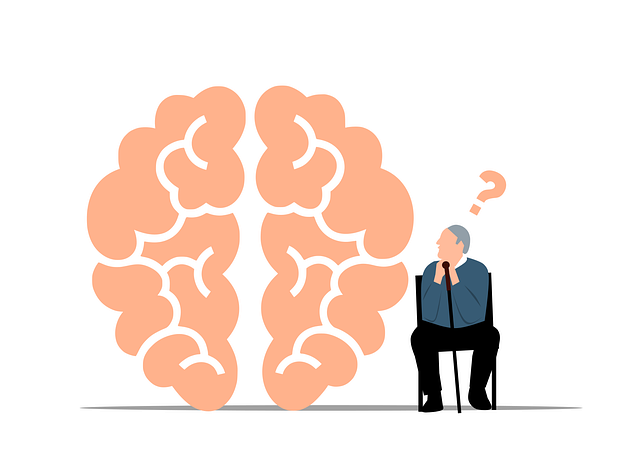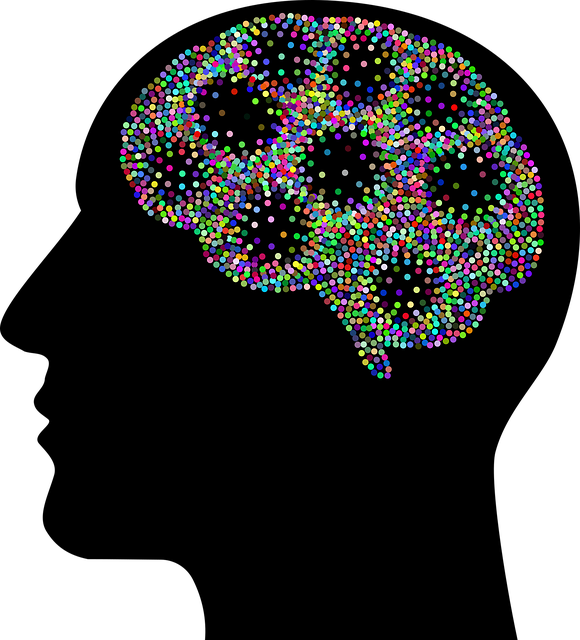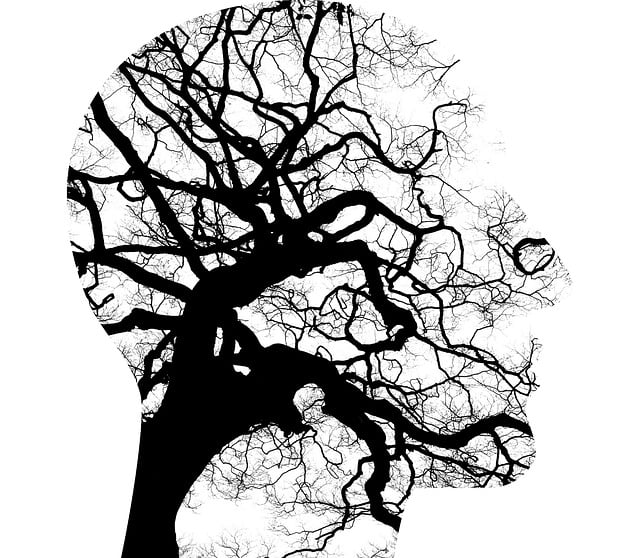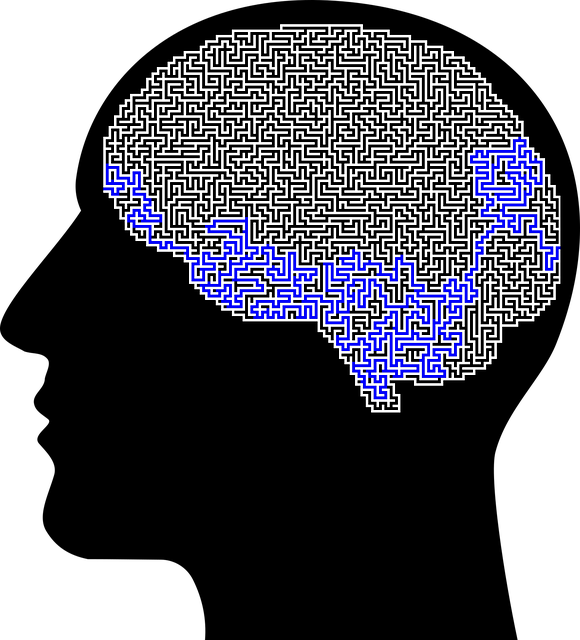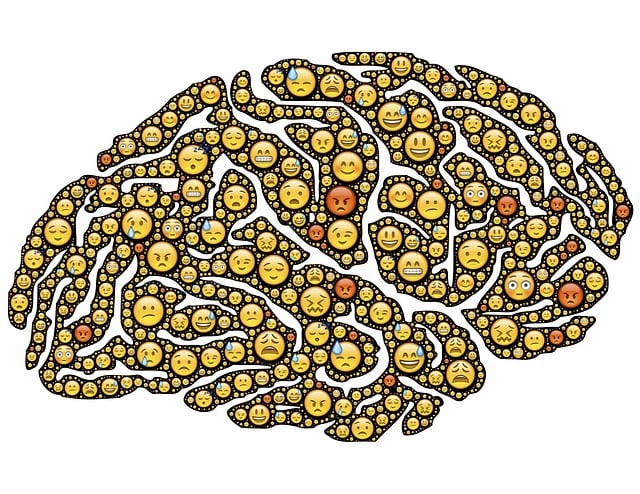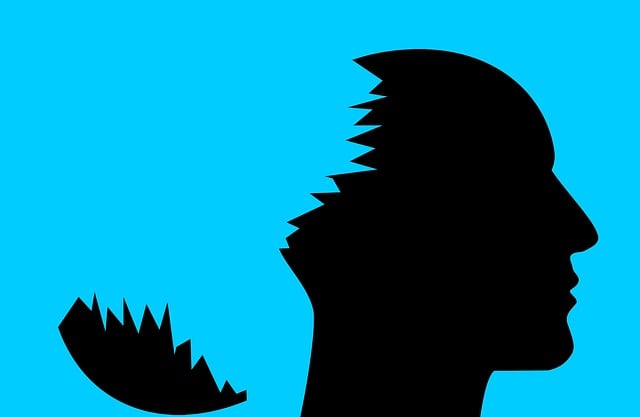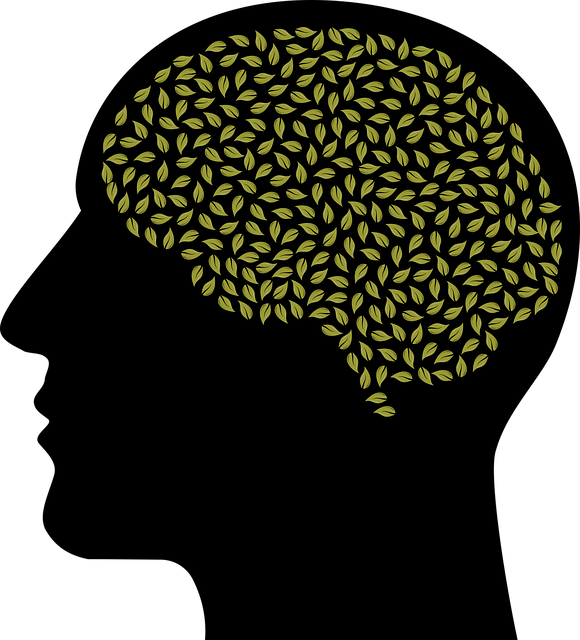The stigma around mental health issues like panic disorder and anxiety attacks has detrimental effects, leading to discrimination and isolation. Arvada offers a holistic approach to treating these conditions through cognitive-behavioral therapy (CBT), mindfulness meditation, and stress management techniques. Community engagement, education, and open conversations are powerful tools against stigma, fostering empathy and support for individuals seeking Arvada Panic Disorder and Anxiety Attacks Therapy. Workshops, seminars, and support groups empower communities with knowledge and safe spaces to connect, reducing misconceptions and promoting positive mental health.
Mental illness stigma is a pervasive barrier to seeking help, yet efforts to reduce it are gaining momentum. This article explores strategies aimed at breaking down the walls of isolation and fear associated with mental health challenges, particularly focusing on anxiety and panic disorder. We delve into impactful initiatives like Arvada’s innovative therapy approaches for managing these conditions, while also highlighting effective community-based strategies and the invaluable role of education and support groups in fostering understanding and acceptance.
- Understanding Stigma and Its Impact on Mental Health
- Arvada's Approach to Treating Panic Disorder and Anxiety
- Effective Strategies for Reducing Stigma in Communities
- The Role of Education and Support Groups in Breaking Down Barriers
Understanding Stigma and Its Impact on Mental Health

Stigma surrounding mental health issues, such as panic disorder and anxiety attacks, can have profound effects on individuals’ well-being. It often manifests as negative attitudes and beliefs that lead to discrimination, isolation, and a reluctance to seek help. This internalized shame and fear of judgment can make people struggling with these conditions feel trapped in a cycle of silence, exacerbating their emotional distress. Understanding the impact of stigma is crucial for initiating meaningful mental illness stigma reduction efforts.
Therapy plays a pivotal role in addressing both panic disorder and anxiety attacks, offering tools to manage symptoms and improve self-esteem. By fostering emotional regulation skills through evidence-based practices like cognitive-behavioral therapy (CBT), individuals can gain control over their reactions to triggers. This not only reduces the frequency and intensity of anxiety episodes but also empowers them to challenge stigmatizing beliefs they may have internalized, paving the way for a healthier relationship with their mental health.
Arvada's Approach to Treating Panic Disorder and Anxiety

In Arvada’s innovative approach to treating panic disorder and anxiety attacks, the community prioritizes holistic care that addresses both the mind and body. The program leverages evidence-based therapies tailored to each individual’s unique needs, focusing on cognitive-behavioral therapy (CBT) as a cornerstone of treatment. By integrating CBT with practices like mindfulness meditation and stress management techniques, Arvada offers patients powerful tools to manage their symptoms effectively.
This comprehensive strategy goes beyond traditional therapy sessions. It encourages participation in group support networks where individuals share experiences and strategies for coping with anxiety. Additionally, the incorporation of depression prevention measures ensures that participants not only overcome acute anxiety but also build resilience against depressive episodes. Arvada’s approach underscores its commitment to fostering mental wellness within the community, creating a network of support that empowers individuals to lead fulfilling lives despite the challenges posed by panic disorder and anxiety attacks.
Effective Strategies for Reducing Stigma in Communities

Reducing stigma surrounding mental health issues is a multifaceted approach that requires community engagement and education. One effective strategy is to foster open conversations about mental illness, normalizing discussions in schools, workplaces, and social settings. Encouraging individuals to share their personal experiences can help dispel myths and promote empathy. Additionally, integrating self-care practices and self-awareness exercises into community programs can empower people to take charge of their mental well-being. For instance, activities like mindfulness training and support groups provide safe spaces for individuals dealing with conditions such as Arvada panic disorder and anxiety attacks to seek therapy and build resilience.
Beyond these efforts, community leaders and influencers play a significant role in stigma reduction by sharing their own stories and advocating for understanding. Media representation also matters; accurate portrayals of mental health challenges in films, TV shows, and literature can significantly shape public perception. By combining education, personal narratives, and media advocacy, communities can create an environment where individuals feel supported when seeking help for issues like anxiety attacks therapy, fostering a more inclusive and caring society.
The Role of Education and Support Groups in Breaking Down Barriers

Education plays a pivotal role in dismantling the barriers associated with mental illness stigma. By providing accurate information about conditions like Arvada Panic Disorder and Anxiety Attacks, communities can foster understanding and empathy. Workshops, seminars, and online resources that educate the public about the symptoms, causes, and treatment options available for various mental health disorders help reduce fear and misconceptions.
Support groups, another powerful tool in stigma reduction efforts, offer a safe space for individuals struggling with mental health issues to connect, share their experiences, and receive peer support. These groups encourage open dialogue, promote positive thinking, and facilitate emotional healing processes. In the context of Arvada Panic Disorder and Anxiety Attacks Therapy, support groups provide a supportive environment where individuals can learn coping strategies, gain insights from others’ experiences, and navigate their emotional challenges with increased resilience and hope.
Mental illness stigma reduction is a multifaceted effort that requires community involvement, education, and support. As seen with Arvada’s successful approach to treating panic disorder and anxiety attacks, tailored therapy methods can significantly improve outcomes. By combining these strategies with the power of support groups, we can foster understanding, empathy, and acceptance in communities worldwide. This collective action is essential in breaking down barriers and ensuring that those facing mental health challenges receive the help they need without fear of judgment or discrimination.



